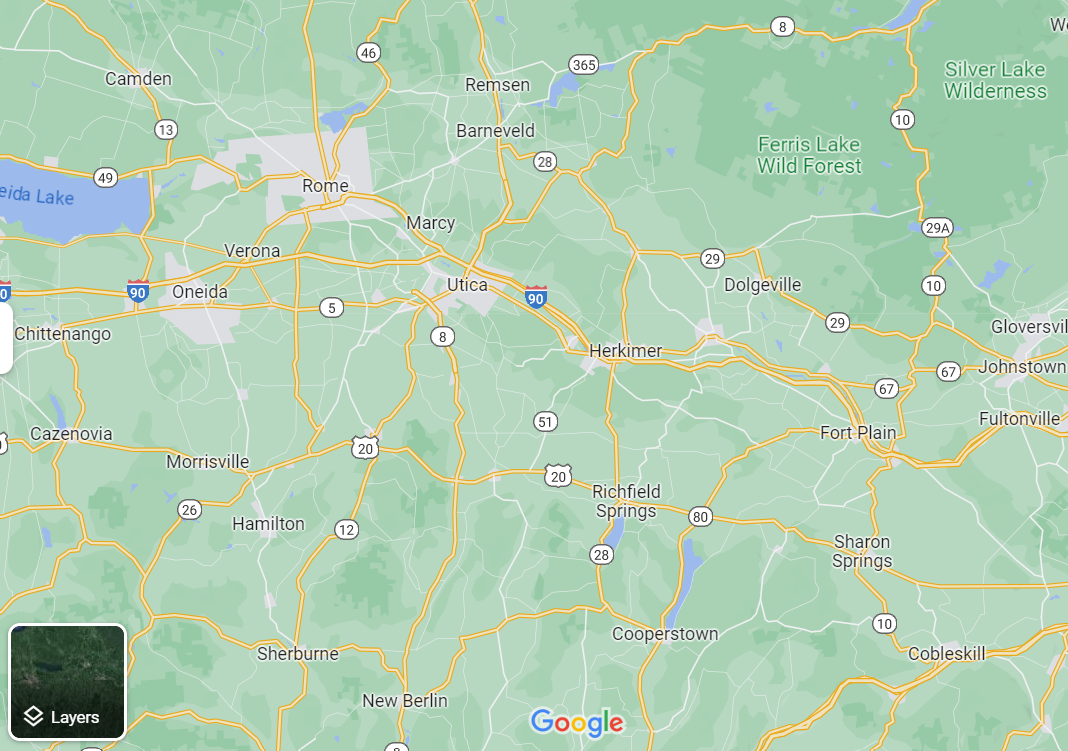169
this post was submitted on 13 Jun 2023
169 points (100.0% liked)
World News
1110 readers
2 users here now
Breaking news from around the world.
News that is American but has an international facet may also be posted here.
Guidelines for submissions:
- Where possible, post the original source of information.
- If there is a paywall, you can use alternative sources or provide an archive.today, 12ft.io, etc. link in the body.
- Do not editorialize titles. Preserve the original title when possible; edits for clarity are fine.
- Do not post ragebait or shock stories. These will be removed.
- Do not post tabloid or blogspam stories. These will be removed.
- Social media should be a source of last resort.
These guidelines will be enforced on a know-it-when-I-see-it basis.
For US News, see the US News community.
This community's icon was made by Aaron Schneider, under the CC-BY-NC-SA 4.0 license.
founded 3 years ago
MODERATORS
you are viewing a single comment's thread
view the rest of the comments
view the rest of the comments
Then different solutions can be put in place in these places and/or you start with cities and figure out the country side later.
I think the bigger issue you have in the US is the sprawled neighbourhoods, I'm not sure how you can get back from that, maybe recreate small centers in the middle of them.
What are the different solutions? Genuinely asking. Seems like a large aspect to skip since it represents the majority of the US LOL
80% of Americans live in urban settings
A part of the problem are zoning and parking space laws preventing businesses to open up where people live. If you cant be close to residential areas and have to have an insane number of parking spaces it is hard to operate a shop in small towns.
This, and also just the mass commercialization of everything. The majority of towns don't have small businesses any more, it's all chains...or they drive to the nearest Walmart. There was a good article in the NYtimes recently about this and how dollar generals are basically taking over in rural communities. There aren't enough people in these towns to support a diverse set of businesses, so the businesses shut down and a Dollar General moves in because it covers most basic needs.
Provide regularly scheduled public transportation that feeds into denser urban areas. Make it easy to bike in denser urban areas.
So to provide regularly scheduled public transportation we would need to build out rail infrastructure to country areas? I suppose a park and ride system would be effective but what would still require a mass buildout.
I'm thinking of areas like this one I attached. The nearest cities are 1hr drive from most towns, the cities are all small-midsized so don't have that many jobs (proportionally) in the first place. The solution is to put train stations in every town? Every other town? Then the cities themselves would need to build out rail infrastructure because Albany and Syracuse have very little in the way of public transportation.
Genuinely asking, not trying to come across as snarky. This is actually a middle-ground example. I could show you a map of WV or Western PA if you really want to see rural.
I mean...yes? Absolutely, improve rail infrastructure in Albany and Syracuse. Build park and rides at places that feed into that improved system. Improve bus service (or train? Looks like there are already tracks in many places) along higway corridors with moderately sized communities.
Can counties or cities currently afford this without sacrificing something? No.
Would the federal government and states need to spend hundreds of billions, if not trillions, over several decades to make happen? Yes.
Yeah the track system is largely in place (not sure if freight or passenger). I'm not trying to argue lol. I'm just asking questions. So in your world there would be a mass spiderweb of intersecting trains that sprawls out to everywhere (obviously a kind of park and ride situation) and that would feed into the cities or other communities.
Makes me think about the whole idea of the Green New Deal that Sanders was talking about when he ran the first time. Get a giant workforce of people out there building railways and stations. Would be interesting to see for sure.
For sure for sure, not saying it's easy! Different solutions include public transports (trains, buses, etc), electric bikes + appropriate paths, electric/hydrogen vehicles, car pooling, offsetting emissions some other way, etc etc.
It's also about having towns and villages that are "self-sufficient" to a degree where you don't need to drive to the huge mall or whatever on the regular, and can just pick up the groceries for tonight's dinner on foot/bike (and yes that means having smaller supermarkets with less choice, but they're closer! It's great).
Truthfully even in the Netherlands (where I live) once you get to the countryside every household has a car as well, we do too, living in a rural area. But we can still go do our grocery shopping, and most other things on foot/bike. The car is still necessary for work and getting to some other places though.
And that's also mainly because we don't have a train station here and my work takes me to random addresses daily with heavy equipment.
Anyway another part of my point was that if you don't have a good solution for countrysides, then that shouldn't stop y'all from moving forward with solutions in city centers and suburban areas.